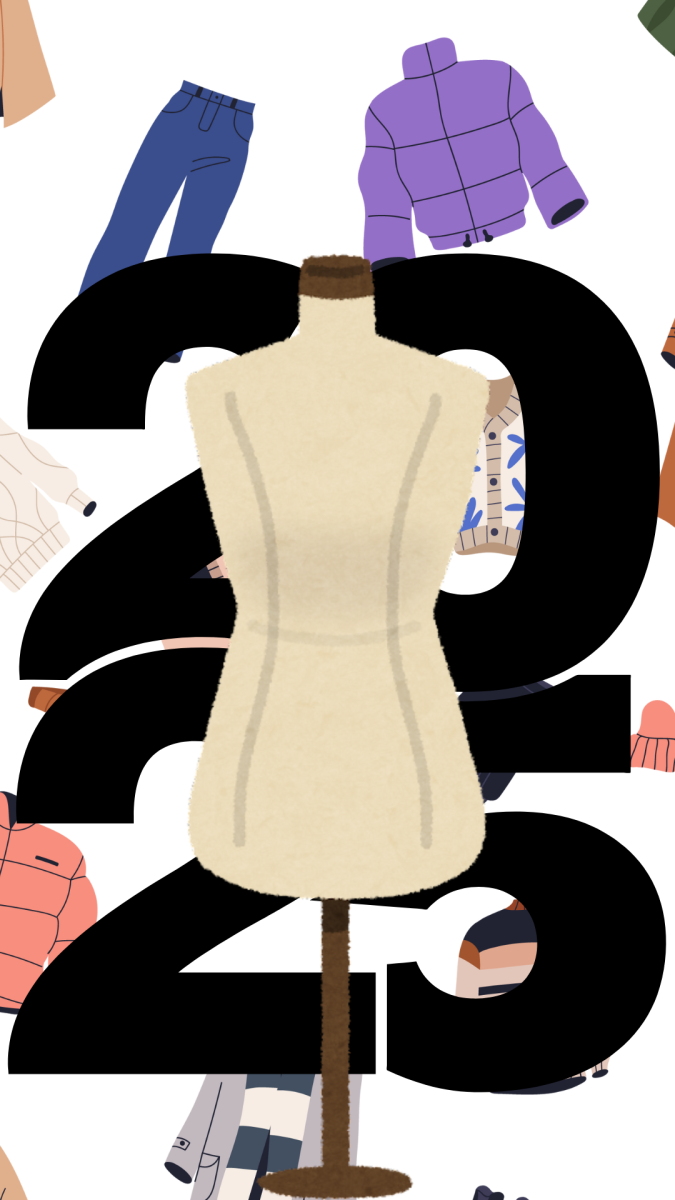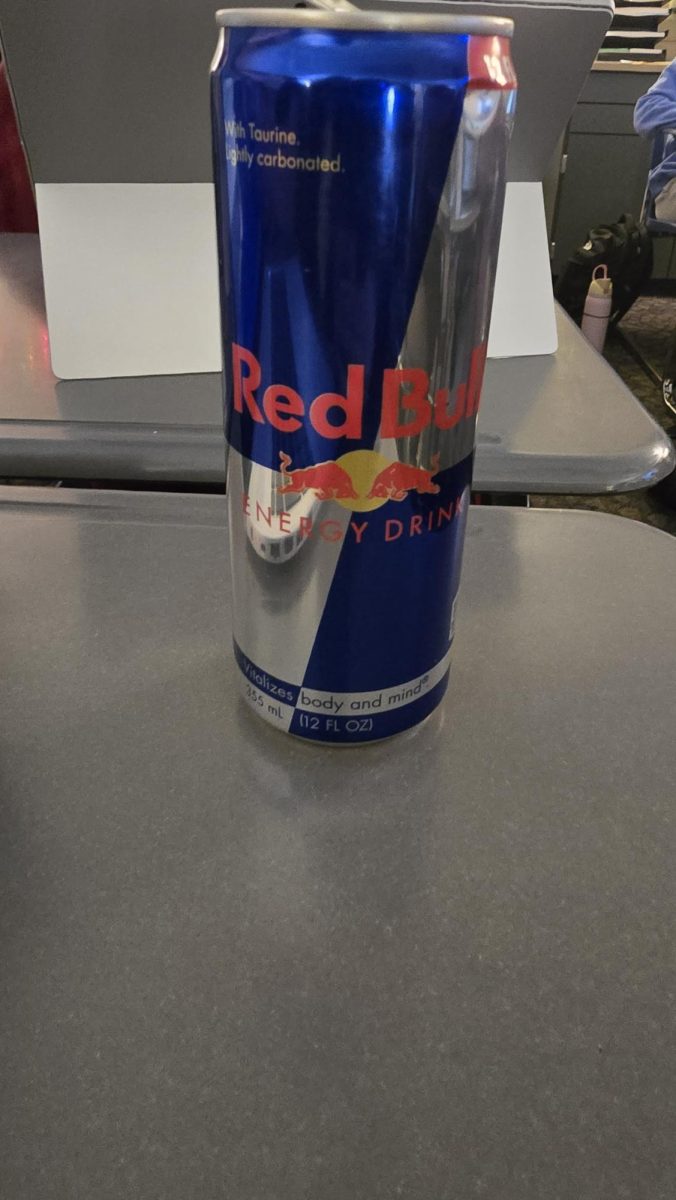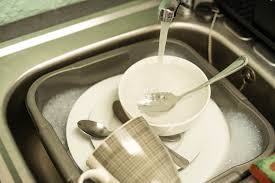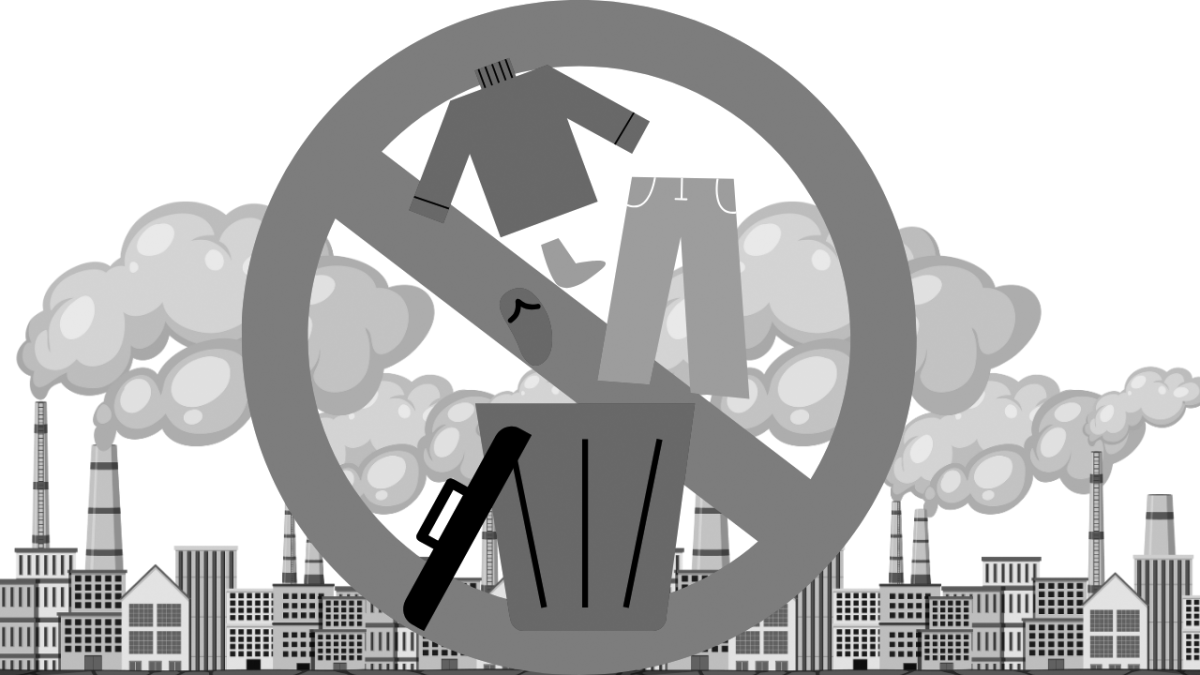We have all heard the term “the world is in our hands,’’ but for some reason it isn’t motivating us to act as it should. The future of our world lies with us, and there are plenty of young adults advocating on behalf of the health of our globe. We need to do more when it comes to the aspect of pollution.
Leading by example are well-known advocates Greta Thunberg, Jamie Margolin, and Leah Namugerwa. Thunberg is a very passionate activist who founded a movement called Fridays for Future in 2018, which is a global climate strike movement. Margolin is the founder of Zero Hour, which is an international youth climate justice movement, Margolin’s movement has led her to advocate in over 25 cities all around the world. Namugerwa is a youth climate activist from Uganda, where she leads tree planting campaigns and is known for her plastic bag ban petition. Each of them started advocating and making changes before they were even 15 years old.
So why aren’t more of us doing something? You are never too young to start making a difference. Because in all honesty if we don’t start changing our ways now, our world will look very different down the road, and not for the better. A new study from Science Daily found that pollution has resulted in $7.4 billion of health damage and over 700 premature deaths. The four main types of pollution include air pollution, noise pollution, soil pollution, and water pollution. No matter the form of pollution there is no acceptable form.
Did you know air pollution poses a greater threat to our life expectancy than smoking, HIV, and war? The World Health Organization reported that 99% of the global population breathes air that contains high levels of pollution. Breathing polluted air can cause coughing, itchy eyes, diseases, cancer, and premature death. Common ways this pollution happens include motor vehicles, industrial facilities, and forest fires. We can reduce this pollution by taking fewer trips in the car, reducing stove use, avoiding burning materials, and chemical sprays.
Secondly, noise pollution negatively affects more than just hearing, including headaches, high blood pressure, heart attacks, anxiety, depression, behavioral disorders, and fatigue. The main causes of noise pollution are traffic noise, air traffic noise, and construction sites. Ways to decrease noise pollution are choosing less noisy activities, using quieter vehicles, or decreasing vehicle use.
Soil pollution is often overlooked, but poses a large threat to humans and our ecosystem. When soil gets polluted it causes crop contamination and diseases. According to the National Library of Medicine, around 78% of the average per capita calorie intake worldwide comes from crops grown directly in the soil. This data puts into perspective just how much we need healthy soils. Some ways to reduce soil pollution include recycling, using reusable items, limiting chemical use, and disposing of items properly.
Water pollution is when harmful substances usually but not limited to, microorganisms, trash, toxins, and chemicals enter bodies of water (rivers, streams, lakes, and oceans). Researchers found that annual pollution from plastic types in oceans alone is between 5.3 and 14 million tons. This will have a direct impact on human existence. Ways we can reduce water pollution include conserving water, recycling, limiting plastic use, limiting chemical use, using water-efficient appliances, and disposing of items properly.
Pollution is too big of a problem to continue to be overlooked. The threat it poses is only growing bigger every day. Every time we throw a plastic water bottle in the trash can instead of a recycling bin, we are harming ourselves and the environment. You are never too young to start making a difference, just take Greta Thunberg, Jamie Margolin, and Leah Namugerwa. They all made a huge difference before the young age of 15, so why don’t we start too. As we are getting back outside and spending time in nature, take it in and appreciate what we have.
Let’s Take Action
Using our vehicles less
NO chemical sprays
Switch to LED lights
Reduce plastic use
Use reusable water bottles/items
Recycle all recyclables
Be water wise





